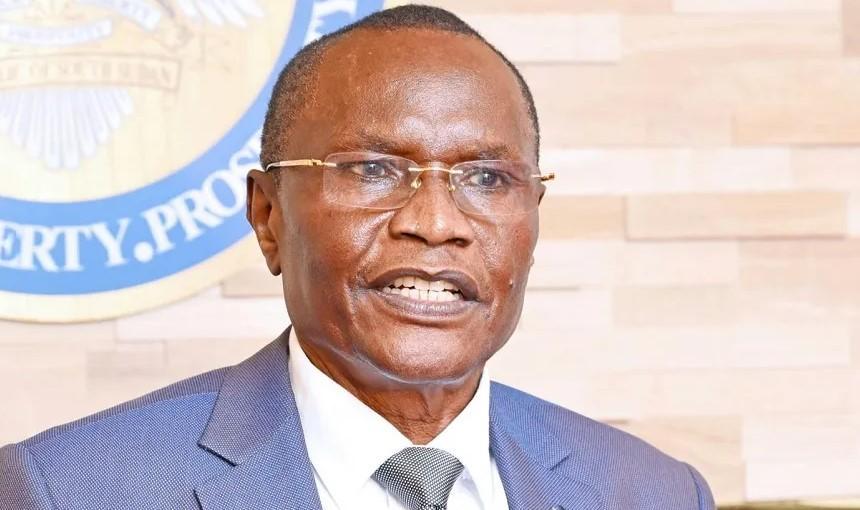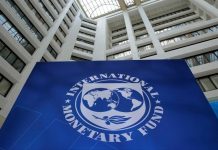Matik Kueth
Africa-Press – South-Sudan. South Sudan joined the list of countries that have ratified the treaties on the suppression of the financing of terrorism, anti-money laundering and transnational organised crimes.
The minister of foreign affairs and international cooperation, Dr James Pitia signed the treaty last week, making Juba the newest entrant into the global commitment.
But what does this treaty mean, and what obligations does the South Sudanese government now have to honour?
The convention was adopted by the United Nations General Assembly in New York on December 9, 1999, and was opened for signature on January 10, 2002.
As of April 2, 2002, 132 countries had signed the convention, and 26 countries had completed the ratification process and become States Parties.
The speed with which the convention has been ratified by member states illustrates the commitment of the international community to combating terrorism in all its forms, especially in the aftermath of the event of September 11, 2001.
The United Nations General Assembly initiated work on this treaty in 1998, following a proposal put forward by France. The 28-article text criminalises the “act of providing or collecting funds with the intention or knowledge that those funds will be used to carry out a terrorist attack,” according to particular definitions.
The convention itself defines terror as “an act which is intended to cause death or serious injury to a civilian with the purpose of intimidating a population or compelling a government or organization to carry out, a particular action.”
The convention adds substantial strength of enforcement opportunities to the network of interlocking conventions on various acts of terrorism created by the international community over the last 30 years. It recognizes that financing is at the heart of terrorist activity, and “it paves the way for concerted action and close corporation among law enforcement agencies, finance authorities and states.”
It obliges states “to prosecute offenders or to extradite them to the parties who are required to cooperate with and assist other states in investigations and preventive efforts.” The United Nations has stated, “Terrorism, wherever it occurs, essentially affects the lives of innocent men, women and children.”
According to a statement seen by The City Review on Monday, Minister of Foreign Affairs, Dr. James Pitia, last week briefed President Kiir on the significance of the treaties and their potential impact on national security and economic stability.
Pitia said the ratification of the three international protocols is a pivotal step forward in South Sudan’s efforts to strengthen its global standing and improve security within its boundaries.
In recent years, the IMF has become actively involved in international cooperation efforts to prevent the abuse of national financial systems and to protect and enhance the integrity of the international financial system.
Since 2001, the IMF’s involvement in these issues has been expanded beyond anti-money laundering measures to include efforts aimed at the suppression of the financing of terrorism.
Although the primary responsibility for the development and enforcement of measures to combat money laundering and financing of terrorism will continue to rest with national authorities.
“The IMF is prepared to assist them in assessing the implementation of the international standards related to members’ anti-money laundering and combating the financing terrorism frameworks, as well as in providing technical assistance in the form of advice,” the lender notes.
Source: The City Review South Sudan
For More News And Analysis About South-Sudan Follow Africa-Press






